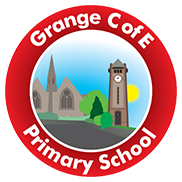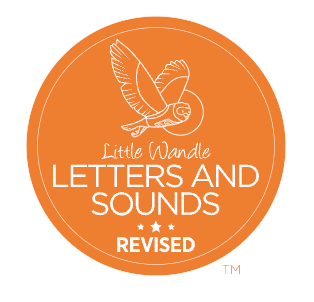Geography
Geography at Grange C of E Primary
Purpose of study - Intent
Our geography curriculum aims to give our children a deep understanding of their local area in south Cumbia and the world around them, this includes places such as ANOBs and SSSI and those in distant countries such as Sikles in Nepal. Through this we aim to inspire them with curiosity about the world and equip them with the knowledge and skills they need to explore it themselves.
While equipping our children with an understanding of diverse places, people, resources and environments around them we encourage exploration of their own environment within and out of school hours and challenge pupils to make connections between their local surroundings and that of contrasting settlements.
Our geography curriculum progression of skills that is organised into four key areas:
- Geographic and skills fieldwork;
- locational knowledge;
- human and physical;
- place knowledge
There is a clear progression in terms of skills and knowledge, from the Early Years through to Y6. Our children will have:
- The skills to navigate, including map and compass work.
- A clear and detailed understanding of the location of places both globally and at home.
- An interest in and understanding of different people, communities and ways of life.
- A fascination for different physical features and how they have been formed.
- The kills to navigate, including map and compass work.
As a globally aware school, the children are encouraged to consider the people and places around the world thoughtfully, regularly discussing how changes in people and places can impact on their future.
Implementation
We believe that geography lessons should bring the world to life and to do this we provide a range of opportunities to experience geography through practical and engaging tasks. Our school is positioned in a beautiful area close to the Lake District National Park and within the area of Morecambe Bay. We take opportunities to get outside and experience geography first hand. We use the areas around our school to help develop mapping and data recording skills relevant to the children, putting their work into a real-life context.
Using our links with schools in Nepal, the teachers have a great opportunity, with their classes to explore a contrasting area, both in terms of human and physical geography.
There are many opportunities to learn and practice geography skills such as in PE where we have developed an orienteering course in the grounds, so each year group can learn important map and directional skills. These are tested further on residential in Y5/6.
We ensure that children have access to a wide range of online resources and books for the geography topics studied in KS1 and KS2. Key geographical vocabulary is introduced within each topic and highlighted through displays and in books.
As part of our citizenship work, we look at Global Goals and how these are interlinked with geography learning.
Impact
The children enjoy geography and by the end of their primary phase will be confident geographers, able to clearly speak about their learning from past and current topics. Due to a careful progression of skills and knowledge children have a good understanding of the earth’s key physical and human processes and can use the geographical vocabulary accurately.
The opportunities for the children to explore the outdoor learning environments, both within the school grounds and local community, enable to the children to understand and appreciate the world around them. It Creates a deeper understanding of community, both locally and across the world. Our curriculum helps them to be more questioning and to consider how to make a positive contribution and choices in relation to the planet.









